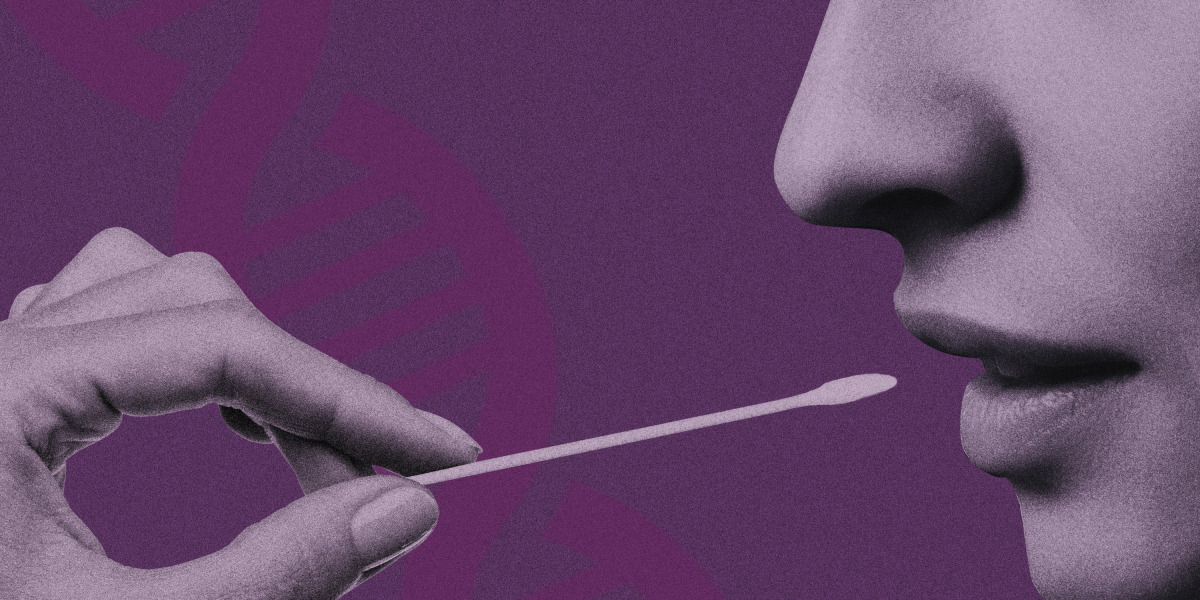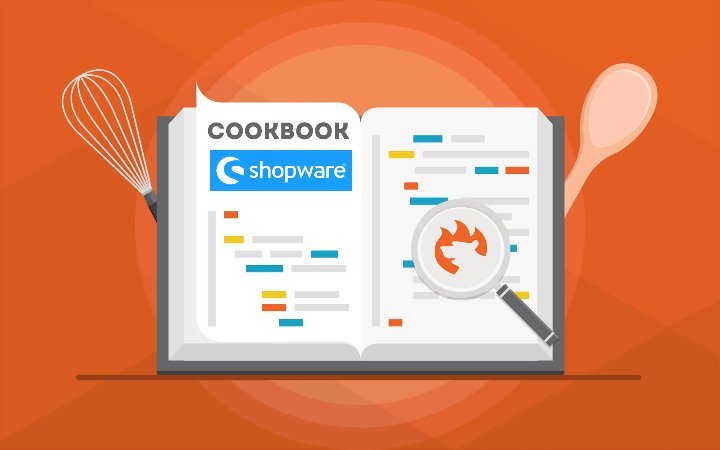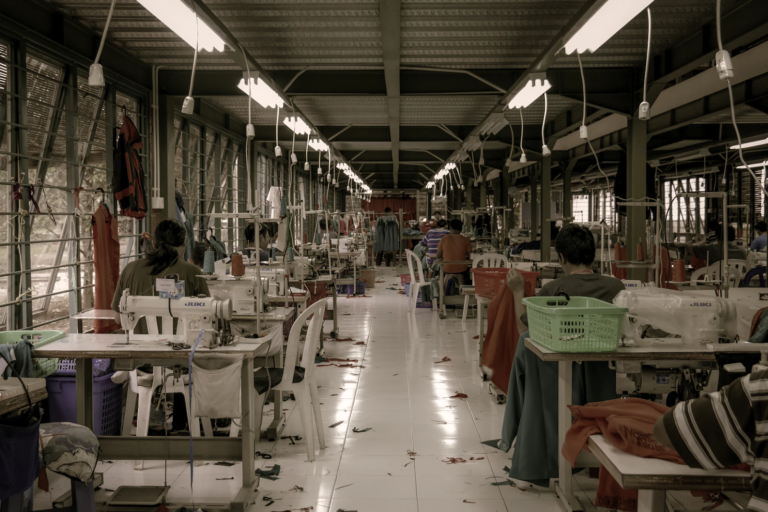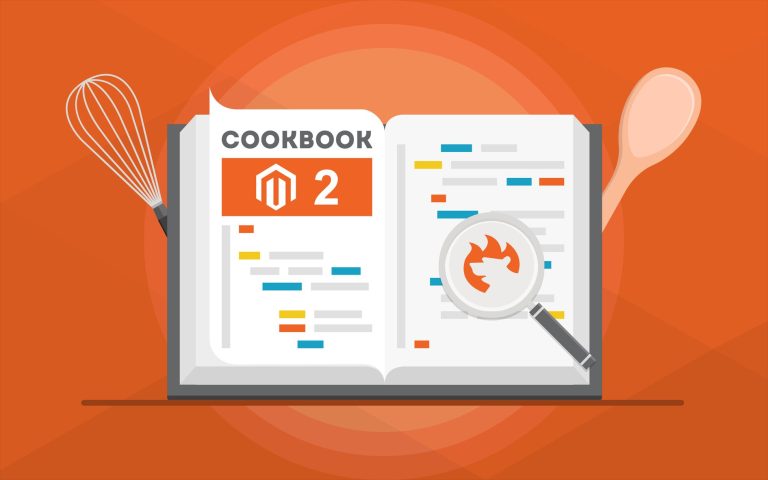
Another startup, Genomic Prediction, began offering polygenic risk reports in 2019, testing embryos for couples undergoing IVF. The company provides risk reports for some of the same multi-gene conditions as Orchid.
Amit V. Khera, a cardiologist at Massachusetts General Hospital and the Broad Institute who’s developed polygenic risk scores for heart disease and other conditions, says these scores could help adults mitigate their own risks by doing things like changing their diet or exercising more. But he doesn’t think the scores are ready to be deployed for preconception and embryo screening without further consideration.
For one thing, Khera says, there’s only so much risk you can eliminate when choosing among embryos that come from the same parents.
“For any two parents, the difference in risk between embryos is not going to be that big,” he says. “If my score is 0 and my wife’s score is 1, on average my kid’s score is going to be around 0.5. You might be able to find a 0.4 or 0.6 embryo, but they’re not going to be that different.”
Plus, Khera says, there are lots of genetic variants that researchers just don’t understand yet. His group has found variants that seem to protect against heart attacks but increase the risk of diabetes. In other words, there are genetic trade-offs.
Orchid’s test could also lure parents into a false sense of security that their future children won’t develop a particular disease. For instance, Patrick Sullivan, director of the Center for Psychiatric Genomics at the University of North Carolina, Chapel Hill, says that while genetics play a role in schizophrenia, the disease is often not inherited.
“The highest risk factors we get from schizophrenia are generally de novo variants, meaning neither parent has them,” he says. “This is a mutation that develops in the making of the child. It’s a random event.” These de novo mutations wouldn’t show up on a couple’s risk report generated by Orchid. They would on an embryo report, but that would require couples undergoing IVF and embryo screening.
Another limitation of current polygenic risk scores is that the data sets they rely on include mostly people of European ancestry. Historically, genetic studies haven’t included people of diverse backgrounds.
“You’re going to lose accuracy when you take those scores and try to use them on other groups,” says Genevieve Wojcik, a genetic epidemiologist at Johns Hopkins.
Picking your best embryo
As polygenic scores get more accurate, embryo selection may offer a chance to reduce the prevalence of certain common diseases. But there is a more controversial prospect.





